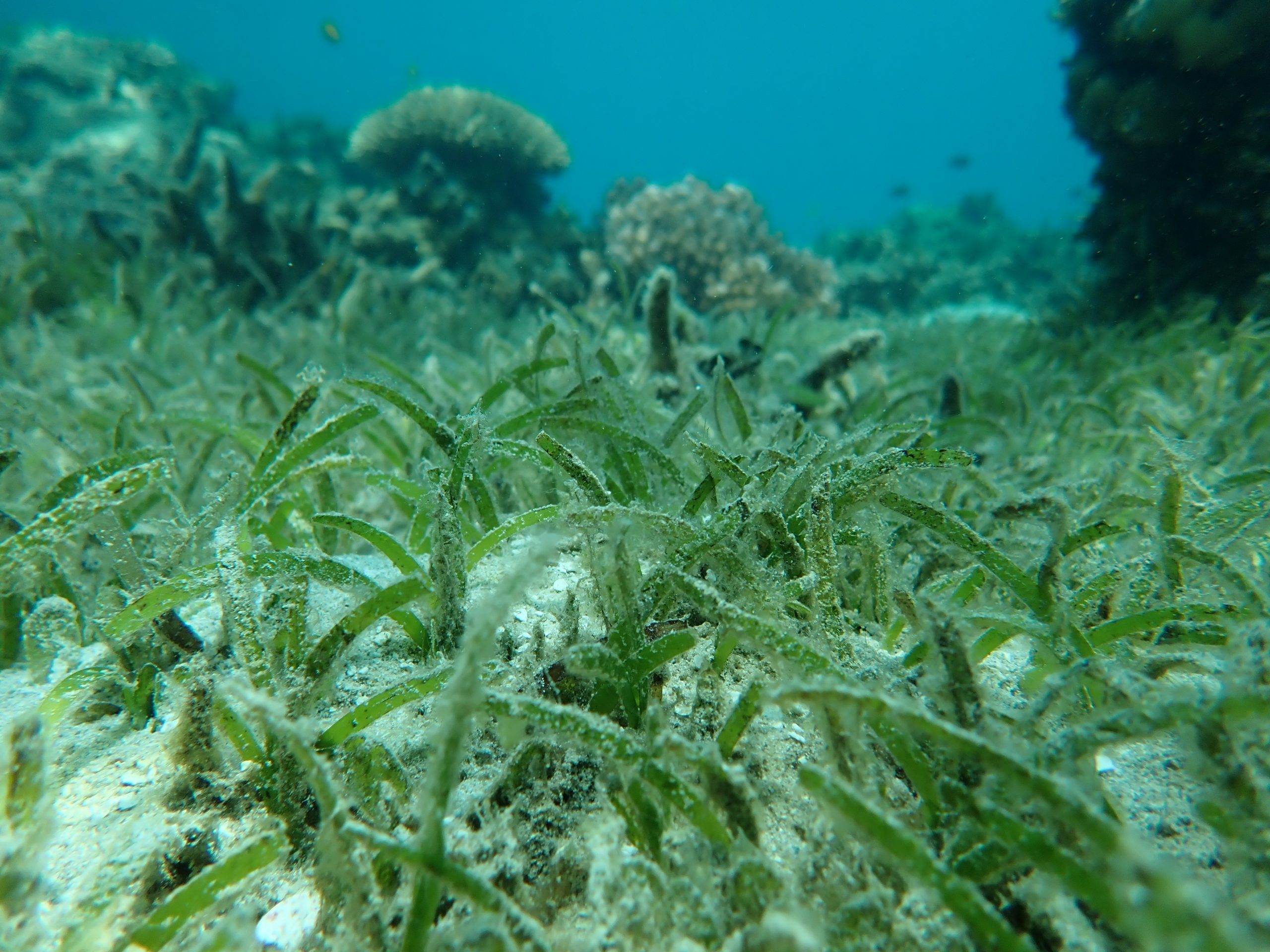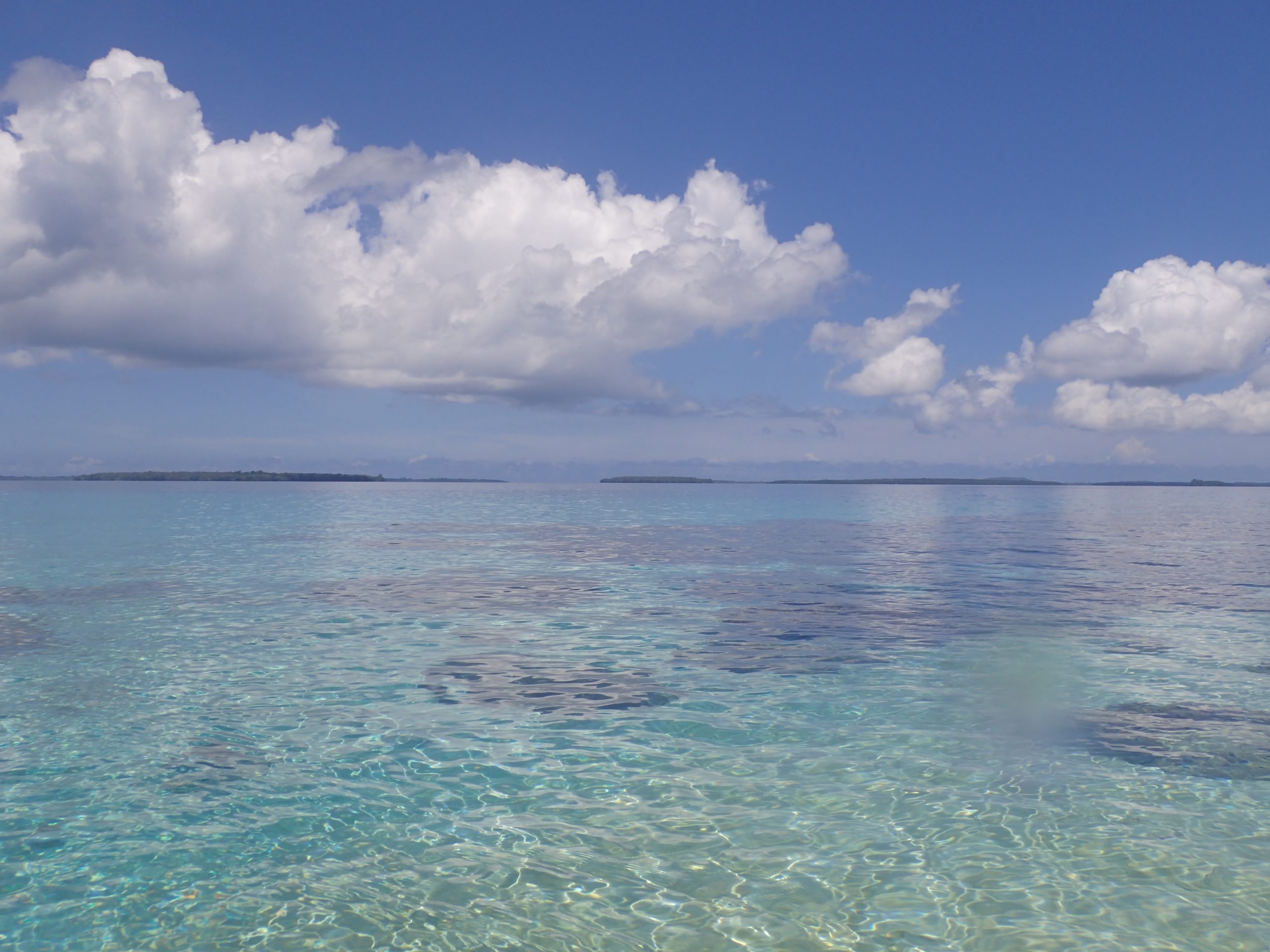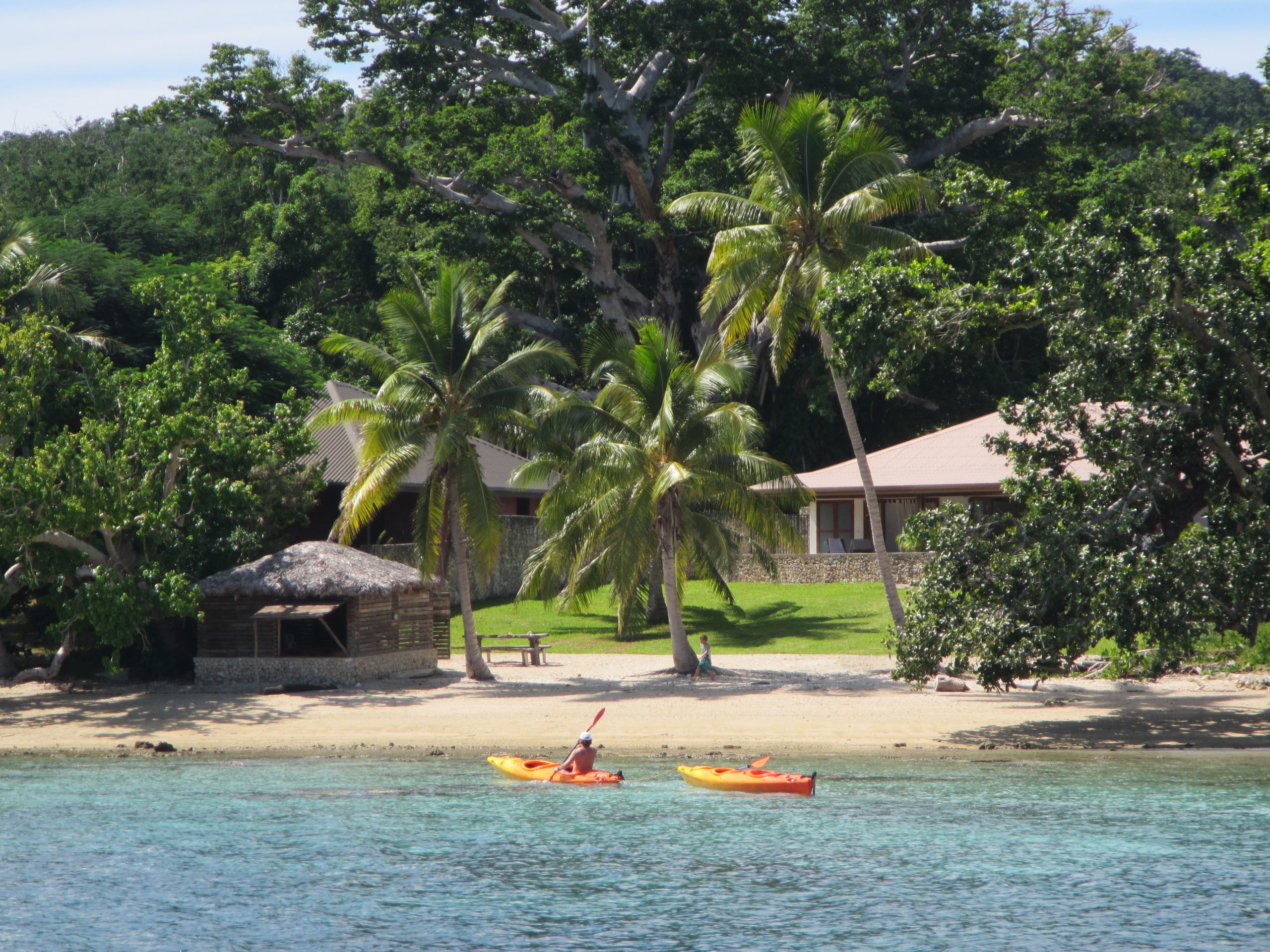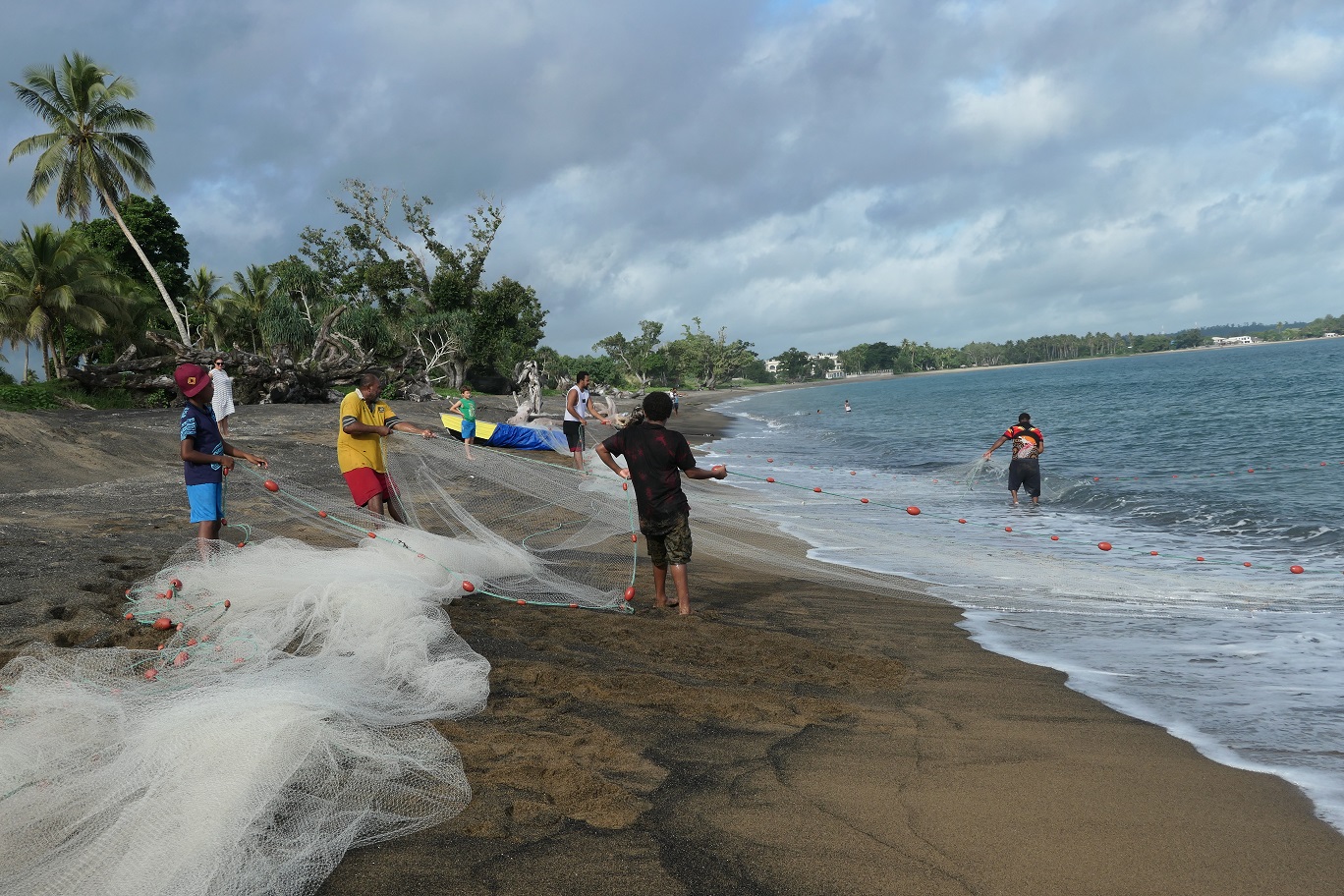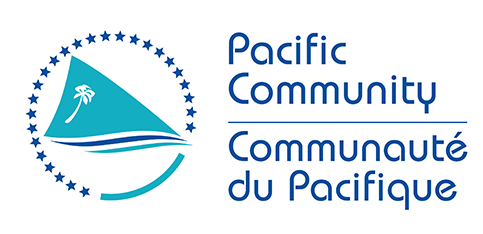Pacific Island countries and territories (PICT) are vulnerable to the effects of climate variability and change. Such change can degrade habitats and disrupt fisheries and aquaculture production, which can affect food, income, and livelihood security. In 2011, C2O Pacific co-led a Pacific Community (SPC) project funded by the Australian Government Department of Foreign Affairs and Trade (DFAT) to undertake a comprehensive regional vulnerability assessment for the Pacific region. The project produced two major reports: volume 1: examining the vulnerability of fisheries resources and supporting habitats to climate change, as well as evaluating the potential impacts on the communities and economies that depend on these resources. And volume 2: a summary for 22 PICT. The reports have been used extensively by national governments, regional agencies, and aid programs.
However, there is new climate, ecosystem, and demographic data since 2011. Climate science has evolved, and the amount of data available for habitats and fisheries in the Pacific region has increased. The assessment is therefore being updated to provide Pacific stakeholders and partners with the best available current information.
This project will replicate the previous assessment and develop a comprehensive suite of knowledge products to support the climate resilience agenda across the Pacific. The project is jointly funded by the Australian Pacific Climate Partnership and New Zealand MFAT, and will be coordinated through the Pacific Community (SPC) from 2022 to 2024.
The assessment will evaluate:
- Oceanic fisheries
- Coastal fisheries and supporting habitats
- Aquaculture
- Food security
- Implications for livelihoods and economic revenue
- Potential adaptations
C2O Pacific will focus on the assessment of coastal fisheries and habitats, and the implications of climate change on food security and livelihoods.
